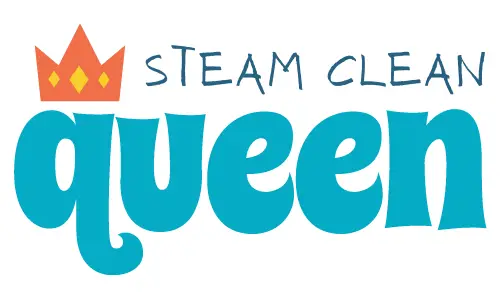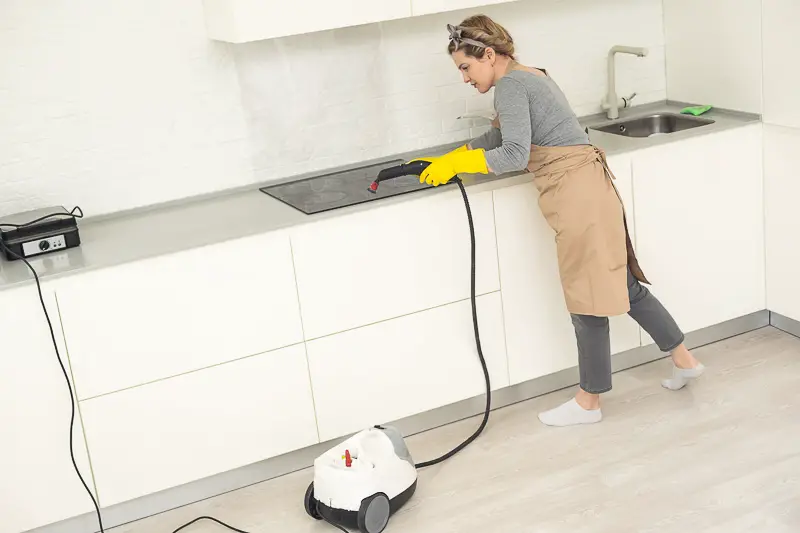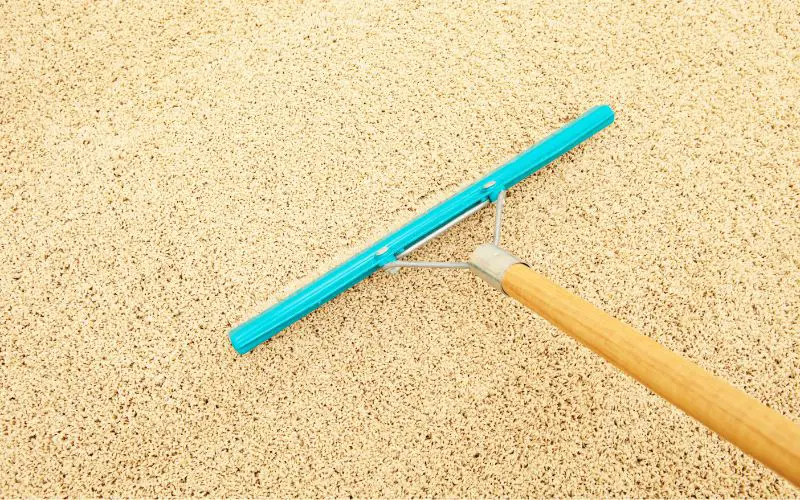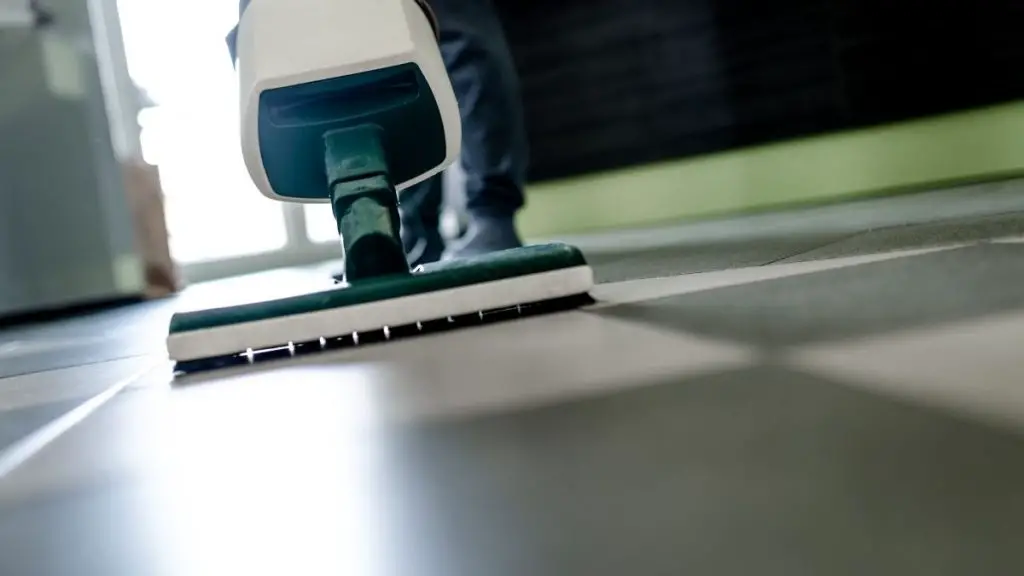Cleaning can be time-consuming and frustrating. It is a job that most of us do not enjoy, yet we have little choice if we want to live in a healthy, hygienic environment.
On this page we have summarised a collection of tips and tricks to steam cleaning and hope it provides a pathway to the many specific cleaning articles we have created for various cleaning requirements around your home.
We hope to have reduced your burden somewhat with the following cleaning guides. This page will give you a starting point for how to most efficiently and painlessly clean your home.
Table of Contents
Note this page focuses on how to cleaning guides only. For information about specific types of steam cleaners, please see Transform Your Cleaning Routine: Discover the Magic of Steam Cleaners, Unlocking the Power of Steam Mops: A Guide to Effective and Eco-Friendly Cleaning and Mastering Handheld Steam Cleaners:The Essential Guide to Portable Cleaning.
Why steam cleaning?
Steam cleaning should be the preferred method for all your household cleaning needs. In addition to providing an excellent clean, it is safe, economical, and environmentally friendly.
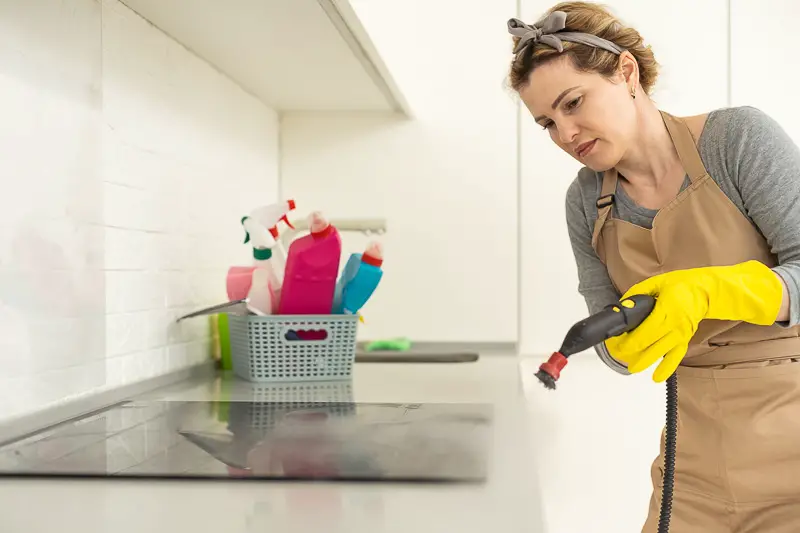
Steam cleaning uses steam to remove dirt and grime from surfaces. The steam acts as a natural cleaning agent, which breaks down and lifts dirt, while the heat in the steam also kills any bacteria or bugs that may be present. This gives you a thorough and hygienic clean, without any need for harsh and expensive chemicals.
We have done extensive research and can confirm that steam cleaners are absolutely a worthwhile addition to your cleaning supplies. If you take the time to find yourself a high-quality one, you can enjoy the following benefits:
7 Benefits of using hand held steam cleaners
How to steam clean carpets
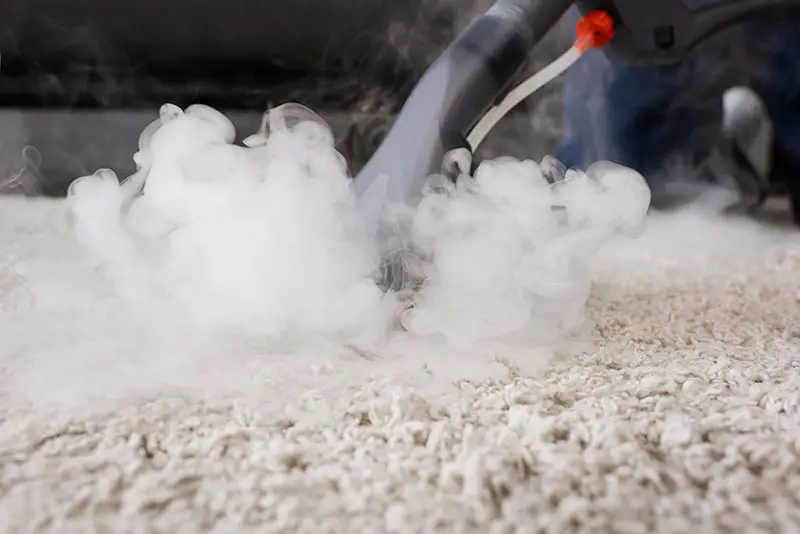
Steam cleaning is most often associated with cleaning carpets and with good reason. It provides a deep, effective, and hygienic cleaning on all carpet types. It does not use harsh chemicals that can damage or discolor your carpet and acts as a natural deodorizer and sanitizer.
To steam clean your carpets, you want to use a quality steam cleaner and move over the carpet in a methodical fashion, ensuring no areas are missed. Ensure you also allow adequate drying time before walking on the carpet.
How often should I clean carpets?
Carpets should be steam cleaned regularly to keep them clean and fresh. But every household is different, so we have prepared this handy guide to help you work out your ideal steam cleaning frequency:
| Small house no pets | 1 x per year |
| Large house no pets | 2 x per year |
| Small house with pets | 2 x per year |
| Large house with pets | 4 x per year |
If you have any allergy sufferers in your home, regardless of size or whether you have pets, consider steam cleaning your carpets every 2-3 months.
Also ensure that you are vacuuming your carpets at least once or twice per week to keep them fresh and as free from dirt, hair, and dust as possible.
How to steam clean hard floors
Many people do not realize that you can also steam clean hard floors. The best way to do this is with a steam mop, as it is designed specifically for hard floor types.
The following table lists some of the hard floor surfaces which are suitable.
8 hard floor surfaces suitable for steam cleaning
It is important to ensure that no matter your hard floor type, the surface is sealed properly.
Wood floors must be properly sealed, and other surfaces should have no cracks or breaks.
The reason for this is that steam mopping relies on steam pressure from water, and you do not want moisture getting underneath your floors. This can cause mold, rot, and over time can damage your floors.
What else can I steam clean?
Steam cleaning can be applied to many types of furniture, surfaces, and household appliances.
7 Benefits of using hand held steam cleaners
Please note: You should be sure to follow appropriate safety advice for each surface.
Steam cleaning safety tips
Electrical items
Before steam cleaning anything electrical, ensure that it is unplugged and not connected to any power. For your oven or stovetops, this may mean removing the relevant fuse from your fuse box. Always allow adequate drying time before using the appliance. The golden rule is that steam relies on water, and water and electricity do not mix.
Furniture
Most furniture is safe to steam clean, just avoid anything that includes delicate fabrics like silk or satin. Any porous metals prone to rusting should also be avoided.

Non-porous and unpainted surfaces
Most types of counters and benches are fine to safely steam clean. But avoid using steam cleaning if the surface is porous or painted. This includes brick, marble, or similar materials. Porous surfaces will trap water and can become damaged over time. And painted surfaces (like most walls), do not react well to steam cleaning. The heat and moisture in the steam will damage, discolor, and strip the paint.
Frequently Asked Questions on Steam Cleaning Guides
1. Why steam cleaning?
It is safe, effective, hygienic, and does not rely on any harsh chemicals. It can also be used for cleaning most surfaces, and is especially brilliant on carpets.
2. What cannot be steam cleaned?
Avoid steam cleaning the following:
· Painted surfaces
· Porous hard surfaces
· Cracked or damaged hard surfaces
· Unsealed hard surfaces
· Delicate fabrics
· Powered electrical items unless unplugged
3. Can steam clean damage be repaired if I make a mistake?
Mistakes happen, they are part of life. If you find you have accidentally steam cleaned a surface that you shouldn’t have, do not panic. Stay calm and take the following steps:
1. Stop immediately
2. If the item is electrical, turn off main power at fuse box then unplug it
3. Allow ample drying time
4. Once dry, assess the damage and proceed from there
Conclusion
We hope this has given you a handy introduction to how to steam clean and stay safe while doing so. Be sure to check out the rest of our site for specific steam cleaning methods and products!
